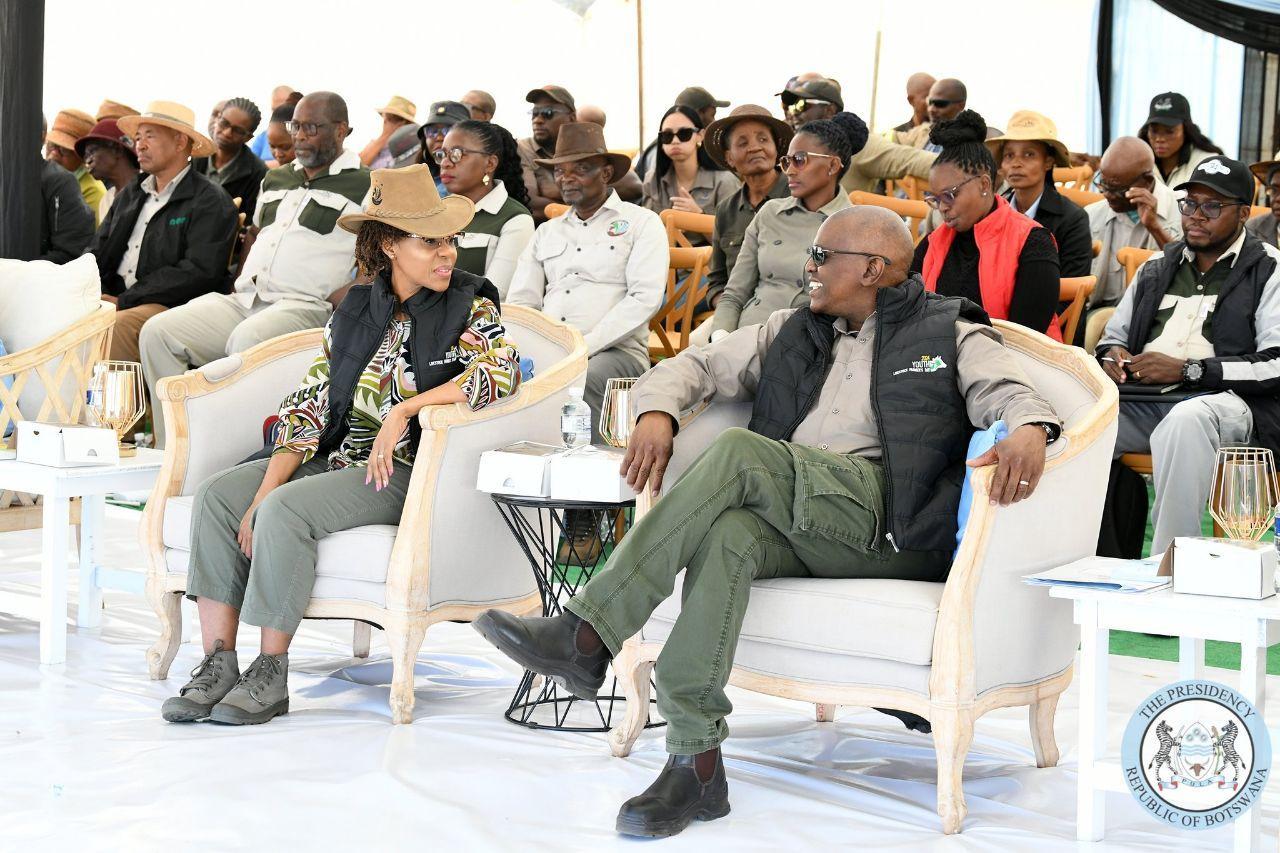Africa-Press – Botswana. Over 1.6 million beneficiaries are currently supported through the Ministry of Local Government and Rural Development’s social protection programmes.
Officiating at the annual cooperate social responsibility (CSR) conference in Gaborone on Thursday, the ministry’s deputy permanent secretary, Ms Mamikie Kamanakao, said social protection programmes were in accordance with the ministry’s mandate to promote social inclusion of vulnerable populations in accessing such programmes.
“The aim of the ministry is to build a stronger, shock responsive, efficient and resilient social protection system in Botswana,” she added. She said the ministry had developed a National Social Protection Framework (NSPF) for easier coordination of social protection programmes including newly established programmes known as Temo Letlotlo and Thuo Letlotlo.
In response to challenges facing the nation, Ms Kamanakao indicated that government had launched a Reset Agenda, which sought to revitalise the economy, among other things.
This agenda, she said, emphasised the need to invest in human capital development, infrastructure and innovation to create opportunities for all citizens.She thus said by incorporating CSR into the Reset Agenda, Botswana could leverage the resources and expertise of the private sector to achieve its development objectives while ensuring that no one was left behind in the pursuit of prosperity.
“CSR promotes democracy, governance and social inclusion, particularly in developing countries like Botswana, aligning with the National Vision 2036 of leaving no one behind, therefore Botswana’s rural communities can benefit greatly from CSR initiatives that prioritise marginalised communities, contributing to a more equitable society and enhancing democratic principles,” she said.
Ms Kamanakao said CSR helped to accelerate efforts towards social inclusion and economic empowerment of rural communities, adding the initiatives could address social inclusion inequalities by providing education, healthcare and employment opportunities for disadvantaged groups. Moreover, she said CSR initiatives could promote inclusivity and empowerment through supporting democratic governance and empowering marginalised groups.
“This aligns with SDG 16 on Peace, Justice, and Strong Institutions, which emphasises the importance of inclusive governance for sustainable development and Botswana’s goal of building resilient communities through economic empowerment, promoting sustainable development,” she said.
Additionally, she said by promoting social inclusion and economic empowerment, CSR contributed to the realisation of Vision 2036 through helping to build more resilient and prosperous societies in the country.
“The Vision 2036, which aims to transform the country into a high-income, knowledge-based economy, emphasises the importance of leaving no one behind. CSR initiatives in Botswana can therefore address inequality, contribute to sustainable development, and diversify economic growth,” she stated.
She implored the business community to heed the call to support communities and other disadvantaged groups through CSR to assist the government in its quest to promote social inclusion and build resilient communities.
For More News And Analysis About Botswana Follow Africa-Press






